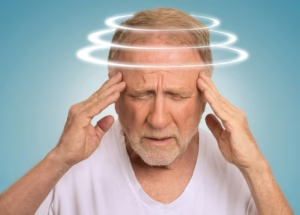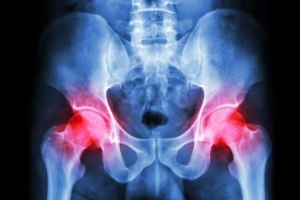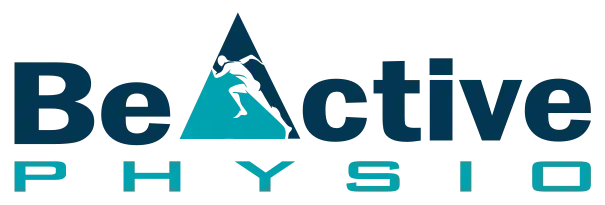What is Concussion?
A Concussion is defined as a traumatic brain injury resulting from either a direct blow to the head or a force transmitted through the body that traveled to the head. Common injuries resulting in concussions include status-post motor vehicle accident, contact sport injuries, and falls.
Concussions typically have short-term after-effects such as headaches, confusion, neck pain, nausea and vomiting, memory problems, light and noise sensitivity, and generally “not feeling like yourself.” While post-concussion symptoms can be frustrating, our team of professionals can assist with Concussion Management and help you transition through your recovery period.
Finding Concussion Therapy Post-Trauma
The severity of a traumatic brain injury can vary dramatically. While certain concussions may be mild and not necessitate extended care, other brain injuries can lead to lasting effects.
In the crucial hours and days after a traumatic brain injury, prioritizing rest is essential for optimal recovery. Resting your brain means really turning off everything that will stimulate your mind and to simply relax. This means avoiding television, not reading, avoiding intense music, conversation and too much movement. This may not sound like a very entertaining time, but this is what your brain needs to recover. Just like you’d put your feet up for a day or two after injuring your ankle, you need to give your brain time to rest and recover after an injury.
During this time, it isn’t likely that you’ll be referred to concussion therapy. The important thing is to check in with your doctor for treatment and to have your brain injury assessed, and then to follow post-concussion protocols to give your brain a chance to bounce back. During this period, prioritizing rest is essential for managing the uncomfortable sensations associated with a concussion, such as nausea, confusion, weakness, and headaches.
In addition to physiotherapy, additional strategies like targeted massage, specific stretches, and even eye motion training can help to reduce headaches and nausea following a concussion. Physiotherapy programs for concussion often build in vestibular therapy, which helps you orient yourself during periods of lightheadedness or loss of balance. To encourage this your physiotherapist will introduce you to specialized activities, including fixing your gaze at a certain point in the distance, or using simple movements to stabilize your core and limbs. With proper guidance these strategies can be incredibly helpful in improving quality of life as you recover from a concussion.
A concussion is not something you can ignore. Regardless of the perceived severity, following a brain injury it is incredibly important that you check in with a physician to ensure that there is no potential for lasting brain damage. We can provide a complete concussion assessment, as well as create a management plan to help you get back to normal. Our team will collaborate with physicians to co-manage your concussion injury, ensuring you have a smooth transition resuming your everyday routines and returning to work or school safely. If you or a loved one has experienced a concussion, Today at Oakville, ON Center to learn more about concussion treatment and therapy options.
Quick Links
Recent Posts

How Massage Therapy Helps Runners Thrive: Stress Relief and Performance Boost

Physiotherapy for Vertigo Management: Effective Strategies for Symptom Reduction


